


Poker is a famous and fascinating skill, strategy, and psychology game.
Poker is a famous and fascinating skill, strategy, and psychology game. With the advent of online casinos, poker enthusiasts can now compete with players worldwide without leaving their homes. Online poker offers unique challenges and opportunities compared to traditional live poker, which calls for a comprehensive understanding of various strategies to enhance your gameplay. This article will explore online poker strategies to help you excel at virtual tables.
Poker is a game of skill, strategy, and probability that has captivated players for centuries. To master the game, it’s essential to understand its fundamental concepts and mechanics. In this section, we will delve deeper into the basics of poker, providing a solid foundation upon which to build your poker knowledge.
Before diving into advanced strategies, it’s crucial to grasp poker’s basic rules and mechanics. Please familiarize yourself with the different hand rankings, betting structures, and poker variants such as Texas Hold’em, Omaha, and Seven Card Stud. Once you have a solid foundation, you can develop your online poker strategy.
The objective of poker is to make the best five-card hand possible from the available cards. It’s crucial to know the hand rankings in order to determine the strength of your hand and that of your opponents. Here are the traditional poker hand rankings, from highest to lowest:


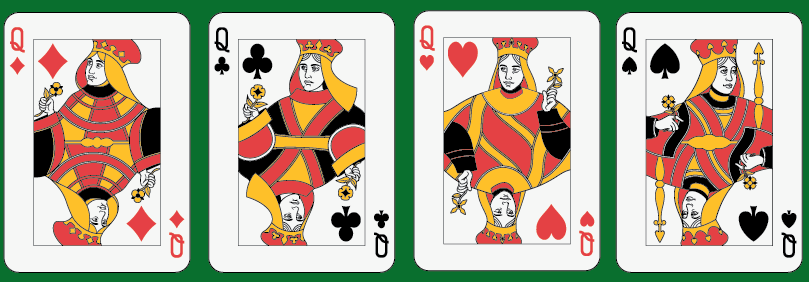



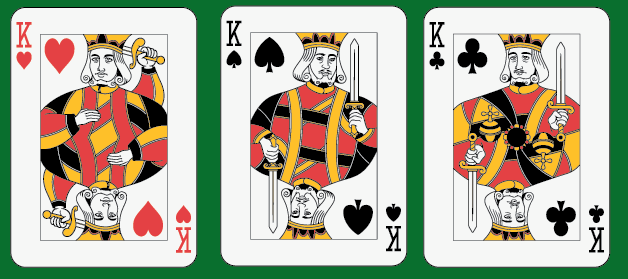
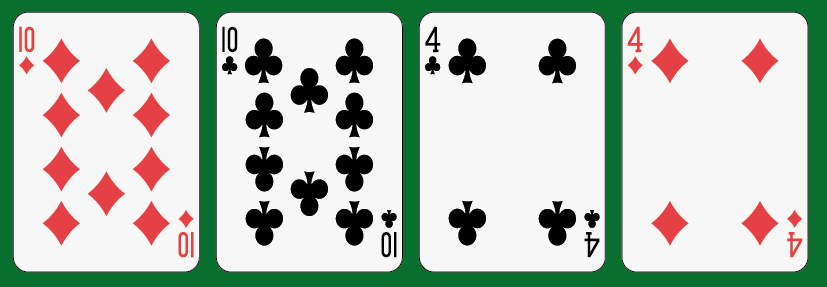
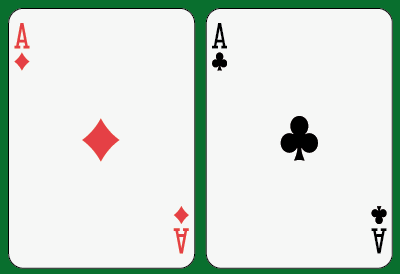
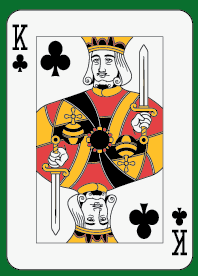
There are several betting structures in poker, which determine the amount a player can bet or raise during a hand. The most common betting structures are:
There are numerous poker variants, each with its unique rules and strategies. Some of the most popular poker games include:
One of the most critical aspects of online poker is selecting which hands to play. Generally, it would help to be more selective with your starting hands in early positions since you have less information about your opponents’ actions. Tighten your range in an early position and loosen it in later positions. Premium hands like AA, KK, QQ, AK, and AQ should be played aggressively, while weaker hands should be folded or played cautiously.
A position is a powerful tool in poker, allowing you to gather information and make better decisions. Playing in a late position will enable you to observe your opponents’ actions before moving. Use this information to deduce their hand strength and adapt your strategy accordingly.
Additionally, be aware of the table dynamics. Identify the tight and loose players and the aggressive and passive ones. Adjust your strategy to exploit your opponents’ tendencies and maximize your winnings.
Bluffing is essential to poker, allowing you to win pots without having the best hand. In online poker, physical tells are absent, which makes bluffing more challenging. However, you can still identify betting patterns and timing tells to gauge the strength of your opponent’s hands.
Semi-bluffing is a powerful weapon in your arsenal, allowing you to represent a strong hand while having outs to improve if called. Use this tactic when you have a drawing hand, such as a flush or straight draw. Be cautious not to over-bluff, as observant opponents may exploit your tendencies.
Understanding pot odds, implied odds, and expected value are crucial for making informed decisions in online poker. Pot odds are the ratio of the current size of the pot to the cost of a contemplated call, helping you determine if a call is profitable in the long run.
Implied odds consider the potential winnings from future bets if you hit your drawing hand. Use this concept to justify calling with drawing hands when the pot odds are unfavourable.
Expected value (EV) is the average amount you wish to win or lose for each decision made at the poker table. By calculating the EV of your choices, you can identify the most profitable plays and avoid costly mistakes.
Proper bankroll management is crucial for long-term success in online poker. Set a bankroll limit and stick to it, avoiding the temptation to play at higher stakes when on a losing streak. Use a conservative approach, playing at stakes where you can comfortably afford to lose and gradually moving up when your bankroll allows.
Poker is a mentally demanding game that requires focus, patience, and emotional control. Avoid going on tilt, which is the emotional state of making poor decisions due to frustration or anger. Take breaks when needed, and practice mindfulness techniques to remain calm and composed during your sessions.
Online poker can be a rollercoaster of emotions, with thrilling victories and crushing defeats. It’s essential to maintain a balanced mindset and avoid letting short-term results affect your long-term strategy. Learn from your mistakes, analyze your gameplay, and continuously strive for improvement.
Online poker offers various formats, including cash games, tournaments, and Sit & Go’s. Each form requires a unique approach and strategy. For example, in matches, stack sizes and blind levels are crucial in decision-making, while cash games focus more on maximizing value from each hand.
When transitioning between formats, take the time to study and understand the nuances of each game type. It will help you become a well-rounded player and increase your chances of success in different online poker environments.
Many online poker players utilize software and tools to enhance their gameplay and gain a competitive edge. Tracking software like PokerTracker and Hold’em Manager can help you analyze your game, identify leaks, and track your progress.
Additionally, various tools and calculators are available to assist with hand analysis, equity calculations, and opponent profiling. However, check the rules and regulations of your chosen online poker site, as some platforms restrict using specific tools.
Online poker is ever-evolving, with new strategies and concepts emerging regularly. To stay ahead of the competition, dedicate time to learning and expanding your poker knowledge. Study training materials, watch videos, read books, and engage in poker forums to glean insights from experienced players.
Participate in poker training sites or consider hiring a coach to improve specific aspects of your game. Remember that even the most skilled poker players continually learn and refine their strategies, so always strive for growth and self-improvement.
Mastering online poker requires a blend of strategic thinking, emotional control, and adaptability. By incorporating the strategies outlined in this article, you can elevate your online poker game and increase your chances of success at the virtual tables.
Becoming a proficient poker player takes time, dedication, and consistent effort. Embrace the journey, learn from your experiences, and never stop striving to improve. You can achieve great things in online poker with the right mindset and a commitment to continuous growth.

it is important to remind you that gambling should always be approached with caution, and it can be associated with risks and potential harm. Gambling should never be seen as a way to make money or solve financial problems, and it is important to gamble responsibly.
If you choose to gamble, it is important to set limits and never exceed them. This includes setting a budget for how much money you are willing to spend on gambling, as well as how much time you are willing to dedicate to it. It is also recommended to take regular breaks and never chase your losses.
It is important to be aware of the signs of problem gambling, which can include spending more money and time on gambling than intended, hiding your gambling behavior from others, and experiencing negative consequences as a result of your gambling. If you feel that your gambling behavior is becoming problematic or out of control, it is important to seek help. There are resources available, such as support groups and helplines, that can assist you in managing your gambling behavior.
Remember, responsible gambling means making informed decisions, setting limits, and seeking help if needed. National Gambling Treatment Service: BeGambleAware.org